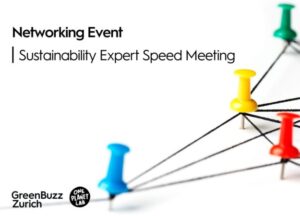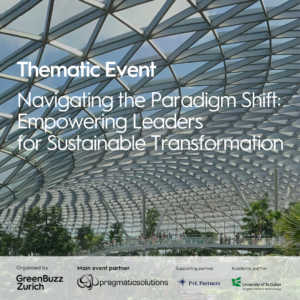Life-long learning is essential for both organisations and individuals. Organisations must remain adaptable to be able to react to external stimuli and economic and societal developments. To ensure that learning can take place and intellectual capital can be created to increase the organisation’s work capacity, an appropriate framework for internal learning is required. At pragmatic solutions, our goal is to pay more than just lip service to this insight: to ensure healthy growth as individuals and as an organisation, we have resolved to rework our learning structures and establish a new internal learning framework.
A learning framework developed from individuals
The personal development of each individual employee helps the organisation as a whole to develop. pragmatic solutions is convinced of this principle, which is why we have also focused on individuals – our colleagues – when designing our learning framework. They wrote down their thoughts on careers, development and required skills, and our Human Development team then used these to create the basic principles of our internal learning landscape, developing iterative versions via individual discussions. The overlaps between individual needs and ideas provided us with our shared learning principles, potential areas of development for pragmatic solutions, and the learning vessels required for both individual and shared learning

Learning through dialogue
The stimuli from our team and the network – and thus also dialogue and reflexive communication – are at the heart of our learning framework (see figure 1). Based on the 70-20-10 model, this places the focus on learning from professional challenges and learning as a model. The structured discussion of professional challenges and the acceptance of responsibility for demanding tasks are potential learning opportunities in this context.

Are you interested in knowing more and would you also like to use dialogue to identify your potential, develop and grow together with us? Would you like to know which learning vessels (see figure 2) we prefer and which principles we are using to shape our shared learning? Then get in touch with us! We look forward to sharing our experiences and learning and growing together with you.


